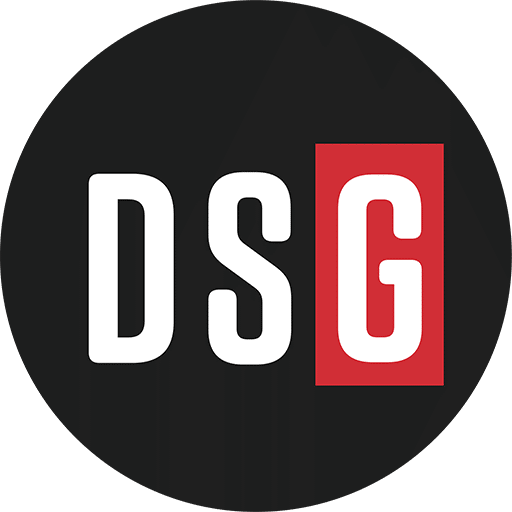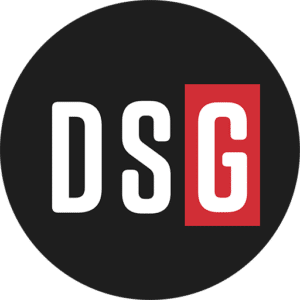Capstone Holding Corp., a distributor of stone veneer and masonry products, is preparing to enter the Southeastern U.S. market with the proposed acquisition of a yet-to-be named regional hardscape supplier, part of its strategy to build a national platform for building products distribution, the company said.
The company disclosed a non-binding letter of intent (LOI) for the acquisition on June 30.
“This move extends our national footprint into one of the fastest-growing construction markets in the country,” said CEO Matt Lipman.
Capstone’s expansion plans come as the company reported a dip in quarterly revenue. Sales for the three months ended March 31, totaled $7.9 million, down from $9.4 million during the same period a year earlier, according to its most recent SEC filing. The company has not commented on the decline but has consistently emphasized a long-term strategy focused on increasing gross margins, consolidating operations, and building leverage through brand ownership and national scale.
Capstone is operating in a sector it sees as overdue for modernization. The North American and European building products industry is estimated at $800 billion and is expected to grow between 5% and 9% annually, according to industry figures cited by the company.
Despite strong demand, the distribution layer remains fragmented and inefficient. More than 7,000 mostly small, independent U.S. distributors act as intermediaries between manufacturers and contractors—often without the logistics, technology, or scale needed to operate efficiently, Capstone said.
“This disconnect—strong demand on one side, an outdated distribution system on the other—has left a real gap in the market,” Lipman said. “That’s the gap we’re here to close.”
Capstone operates through its Instone platform, which distributes stone veneer, landscape stone, and modular masonry fireplaces across 31 states—one of the industry’s broadest footprints. More than half the products it sells are either company-owned or distributed through exclusive agreements, giving it tighter control over pricing, inventory, and quality than most competitors, the company said.
“Most distributors are middlemen. They don’t control pricing, quality, or availability,” Lipman said. “We’re different by design—we own brands, and that gives us control over the customer experience.”
Among its owned and exclusive brands are Toro, Pangaea, and Aura—all positioned as core to the company’s offering.
That model has allowed Capstone to build operational leverage, reduce stockouts, and maintain consistency across markets, the company said. Its national warehouse footprint, which includes four facilities managing $10 million in inventory, supports faster delivery cycles and tighter supply chain control.
The company’s growth hinges on three pillars: acquisitions, brand ownership, and operational efficiency. Strategic acquisitions are designed not only to expand geographic coverage but also to improve route density and reduce shipping times.
Capstone’s largest shareholder, New York-based private equity firm Brookstone Partners, owns more than 77% of the company and has been instrumental in its M&A execution. Brookstone took control of the former Capstone Therapeutics in 2021, restructured the business into a building materials distributor, and installed Lipman as CEO.
Capstone is making a long-term bet that it can succeed where others have struggled—by building an integrated distribution platform with brand control and national reach, the company said.
“Most of the 7,000+ distributors in the U.S. are small, local businesses that lack modern logistics, digital tools, or brand control,” the company said in its June 2025 investor Q&A. “By owning brands and consolidating distribution under one integrated platform, we’re solving a well-known pain point.”
“We’re building the distribution platform that building product suppliers and contractors need,” Lipman said.
Don’t miss any content from Distribution Strategy Group. Join our list.


